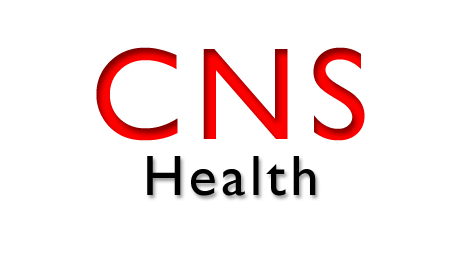COLLEGE PARK – Suzanne Reisig Olden knows what it’s like to live without health insurance. The married mother of two from Eldersburg decided to forego insurance for several years due to high costs on the individual market.
“We made the conscious decision not to have it for a while. Yes it’s scary, but it was my choice,” Olden said. “I don’t see why that is such a huge problem for people.”
Some Western Marylanders like Olden believe the health insurance mandate under the Affordable Care Act eliminates the freedom to go without healthcare, invades their privacy and will be financially devastating for their families—an attitude that presents a unique challenge for health organizations trying to enroll Western Marylanders in new health insurance plans.
Since the state’s online insurance marketplace, the Maryland Health Connection, launched on Oct. 1, fewer people in Western Maryland have registered for accounts than in other parts of the state like Montgomery County and Prince George’s County, according to a map released by the Maryland Health Benefit Exchange October 25.
State Del. Justin Ready, R-Carroll County, said the lower numbers were not necessarily due to a lack of interest, but rather the area’s lower population, limited broadband internet access and “a lot of mistrust about this system.”
“I think it’s a combination of factors why the numbers are low at this time. I think the numbers will pick up as we move forward,” Ready said.
But, he said, retirees and working class families in his county are concerned about the rising cost of premiums that come with the Affordable Care Act, also known as Obamacare.
“I think there is a lot of frustration in my community. We aren’t getting listened to,” Ready said. “The government at the federal and state levels doesn’t get how it affects our cost of living.”
To boost enrollment in the region, consumer assistance workers are organizing outreach events and attending health fairs in Western Maryland, according to Eric Masten, the director of health policy, advocacy and communications for Healthy Howard, Inc., the connector entity for Western Maryland.
“There have been a lot of misconceptions and misinformation out there about what specifically and how specifically it will apply to people and insurance,” Masten said. “We’re working with people to address the concerns that they have and to make sure that the choices they have through the Maryland Health Connection will give them a wide variety of private healthcare plans.”
Olden said members of her Carroll County community do not like the Affordable Care Act, and “see it for what it is—very unfair and not affordable for people who have to use it.”
“People are realizing they were sold a bill of goods,” Olden said. “The Western Marylanders I know, that I live around, that I go to church with, that I’m friends with, don’t want this much intrusion in their lives.”
State Del. Susan Krebs, R-Carroll County, said her constituents do not support the Affordable Care Act because it goes against their fiscal ideology.
“People in Western Maryland tend to be very responsible. They care about costs, they’re fiscally conservative, and this goes against the grain of what people believe here in Western Maryland,” Krebs said.
She said that the most devastating consequence of the Affordable Care Act is that it will make it impossible for her constituents to afford healthcare.
“It’s nothing less than a total disaster, and it’s not just about the website. It’s about all these people losing their insurance,” she said.
Scott Strzelczyk of New Windsor is at risk of losing his insurance. Strzelczyk operates his own consulting business and is the leader of the Western Maryland Initiative, a movement of five counties that wish to secede from Maryland.
Although he had not planned to switch insurance plans, he received a letter from Blue Cross Blue Shield saying his current insurance plan, which costs him $230 per month to insure himself and his three children, would be terminated early next year.
“President Obama says if you want to keep your insurance you can keep it,” Strzelczyk said. “I want to keep my insurance and I’m being forced not to keep it.”
Strzelczyk found an alternative plan with a similar family deductible limit through Blue Cross Blue Shield, but he would have to pay $450 per month, a cost that includes mandated coverage for mammograms and pregnancies, neither of which are services he said he needs.
Krebs said she is most concerned for people like Strzelczyk who are being told their plans will be terminated and that they must buy a policy that includes benefits they do not need.
“These people are self-employed on the individual market and they chose these plans because they don’t have the health needs of everyone else. Now they need a plan that suits the government’s needs,” Krebs said.
Krebs recently sent a letter to the Maryland Health Benefit Exchange board outlining some of the major deficiencies with the Affordable Care Act legislation.
“We want people to have access to affordable healthcare. That’s what everyone deserves, but it’s how you get there,” Krebs said. “Time will tell whether this is going to work. I think this is going to be a disaster.”
Olden said she would rather purchase health insurance on a private exchange and retain her ability to choose what kind of coverage she pays for than deal with the mandates of the Affordable Care Act.
“I don’t think it’s the government’s place to provide it in the first place. It’s honestly none of their business if I see a doctor or what medications I’m taking, and this makes it their business and that’s very scary,” Olden said.
“I’m not against insurance. I’m against being forced to have it if I don’t need it,” Olden added.

